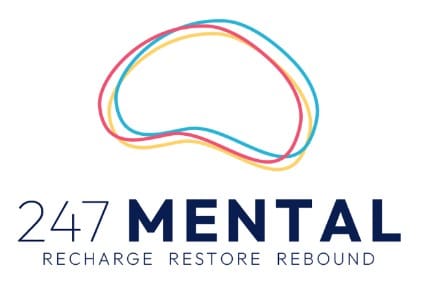Further Fostering Empathy in Parents on a Mission to Elite Private School Admission
Parents who choose to send their children to private schools often hold high expectations for several reasons, leading to challenges when these expectations are unmet. Private schooling typically requires a significant financial investment, with parents anticipating smaller class sizes, wellqualified teachers, and advanced resources to facilitate personalized learning. They expect their children to benefit from diverse extracurricular activities and specialized programs, fostering a strong academic foundation and holistic evelopment for future success.
Additionally, private schools often reflect familial values, emphasize academic rigor, and provide college admissions guidance—a key motivator for many families. However, when children fail to engage with or take full advantage of these opportunities, parents may feel disappointed and frustrated, perceiving their investments as undervalued. The resulting lost opportunities—academic and social—can have lasting effects. Limited participation in specialized programs can hinder personal and academic growth, while social disengagement can impede the development of crucial relationships and networking skills.
Children may face pressure from performance expectations, which can lead to anxiety or burnout, ultimately causing disengagement. Moreover, the academic rigor of private schools often means that children who lack focus risk falling behind, missing out on critical skills such as self-discipline and critical thinking. Behavioral issues stemming from disengagement may result in disciplinary actions or conflicts at home and within the school. These challenges can adversely affect a child’s emotional and psychological well-being, leading to lowered self-esteem and mental health struggles such as anxiety and depression, particularly in a high-pressure environment.
Disengagement can also strain relationships with teachers, jeopardizing the supportive academic connections essential for success. As parents begin to question the school’s effectiveness, tensions can arise, fostering a blame dynamic between families and educators. Long-term implications are significant, including impacts on college admissions and career opportunities. Children who fail to engage fully may struggle to stand out in the competitive college admissions process and miss valuable networking opportunities that private schools often provide.
To address these challenges, effective communication among parents, children, and schools is crucial. Identifying the root causes of disengagement—whether academic difficulties, social challenges, or
personal issues—can inform tailored recovery strategies. Fostering intrinsic motivation through personalized goal-setting can enhance engagement and a sense of ownership. Providing appropriate academic support, such as tutoring or counseling, may also help children overcome focus-related struggles.
Parents must balance their expectations with empathy for their child’s individual needs. Unrealistic expectations can exacerbate disengagement, whereas a supportive environment can empower children to refocus. Effective limit-setting is essential, including establishing clear expectations, structured routines, natural consequences, positive reinforcement, and involving children in the process. Regular check-ins, modeling desired behaviors, and validating emotions can further strengthen accountability.
If a child persistently ignores limits despite these strategies, further evaluation may be necessary. Persistent defiance might indicate underlying emotional or psychological challenges, such as anxiety or attention disorders. Consulting mental health professionals can uncover hidden issues affecting engagement. Open, calm conversations to listen to the child’s perspective and validate their feelings can also provide valuable insights and improve dynamics.
Behavioral strategies should be paired with clear, consistent consequences. Allowing natural consequences to occur while ensuring they are proportional to the behavior can promote accountability. Reinforcing positive behaviors with tangible rewards for improvement can motivate engagement. Discussions around responsibility should encourage children to participate in problem-solving and think through the consequences of their actions. This fosters critical thinking and helps them learn from mistakes.
If challenges persist, family therapy may facilitate communication and resolve underlying tensions. Encouraging autonomy and fostering longterm thinking can help children understand the connection between present actions and future outcomes.
In summary, while private schools offer significant opportunities for academic and personal growth, challenges can arise when children fail to engage fully. Parents must navigate disappointment, emotional challenges, and academic struggles through patient communication and support, while fostering accountability. Adopting a broad, empathetic approach is critical to ensure children can fully benefit from the enriching experiences a private education provides, setting them on a path to success.

